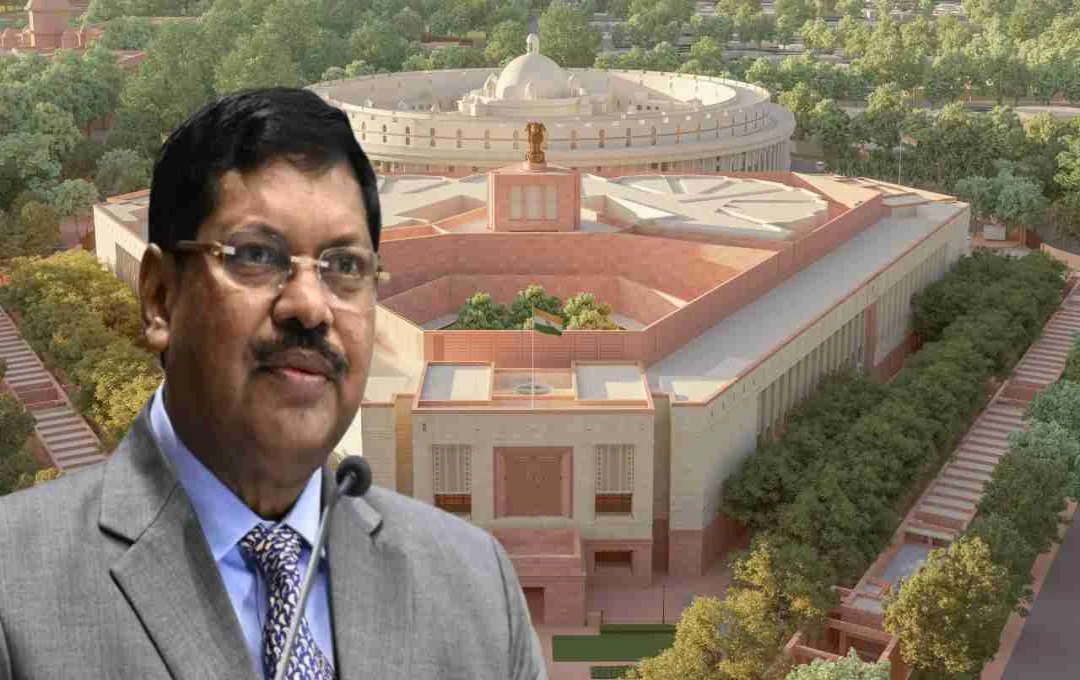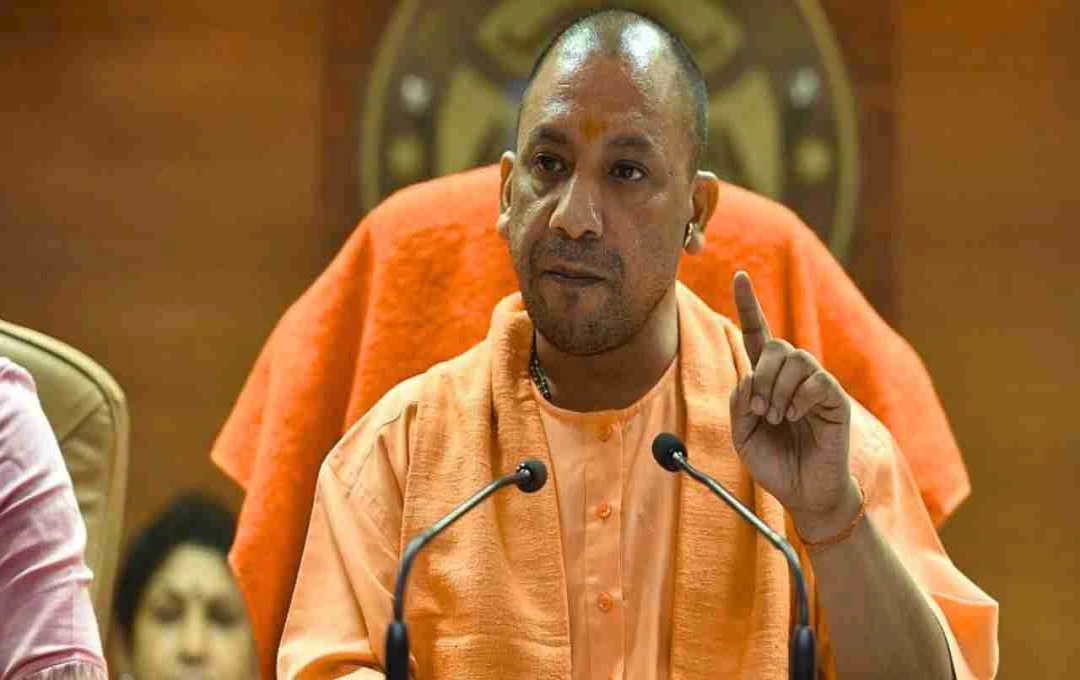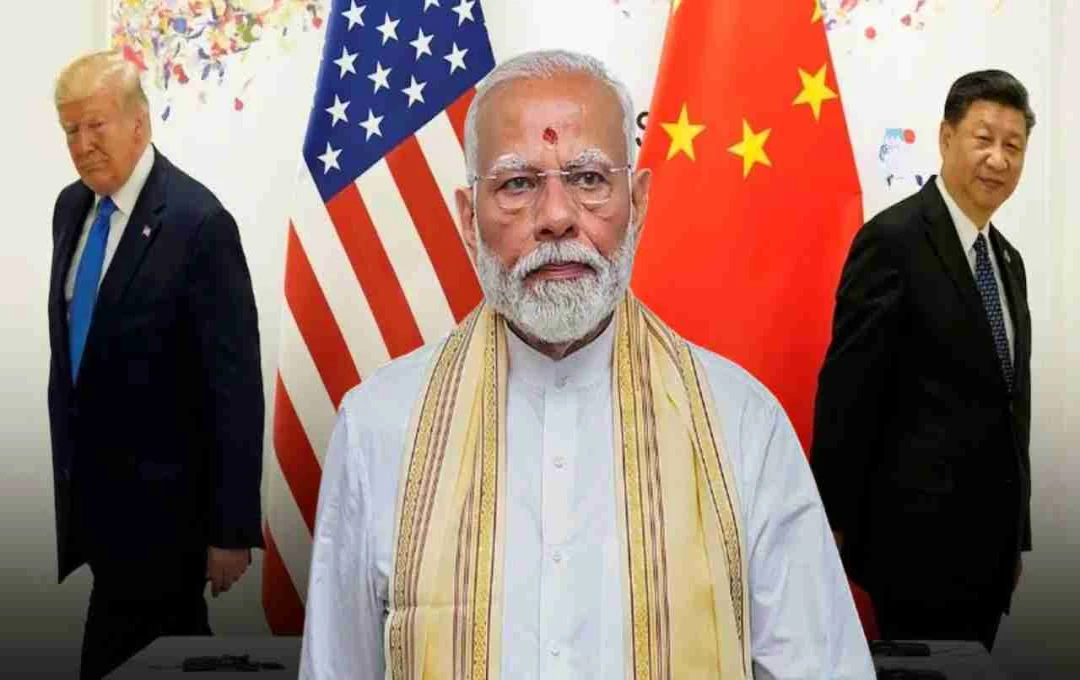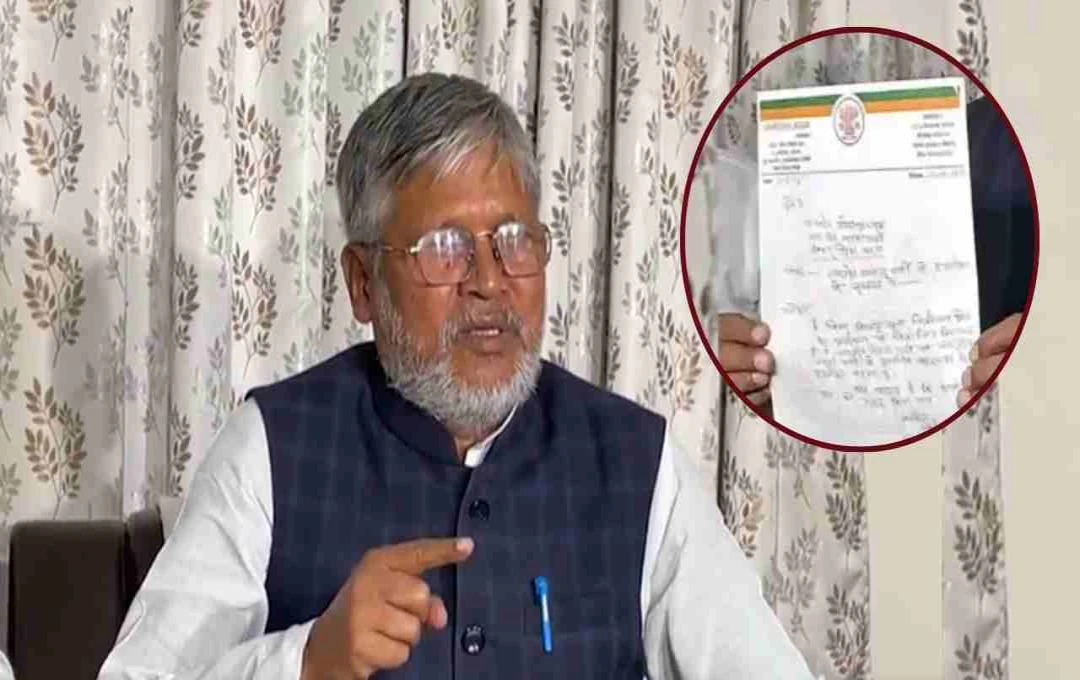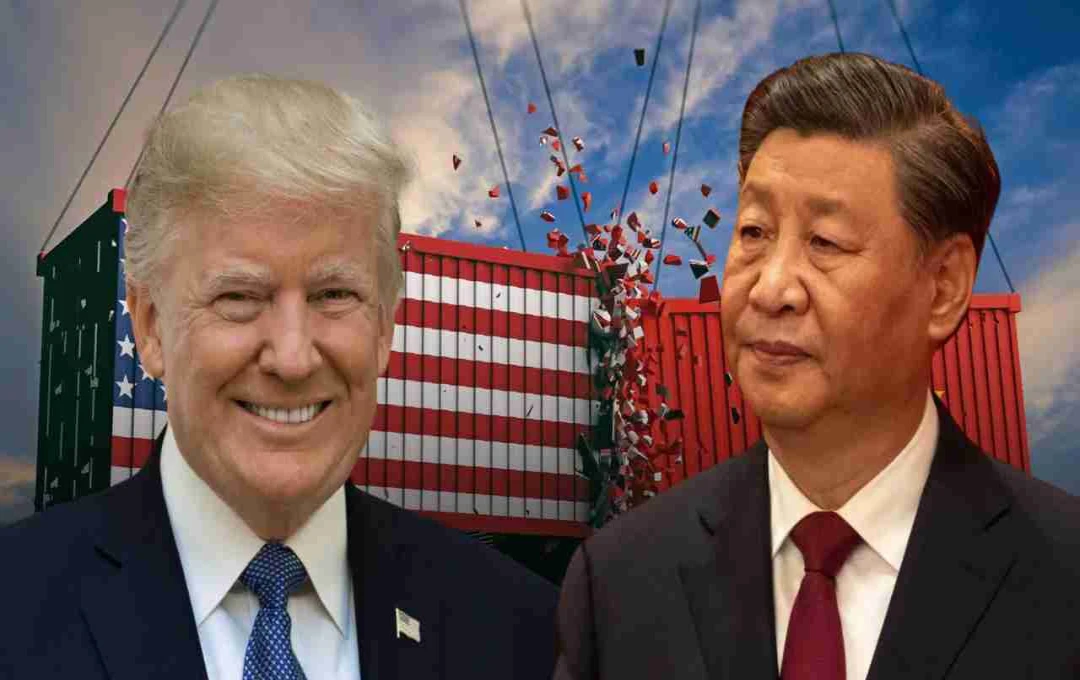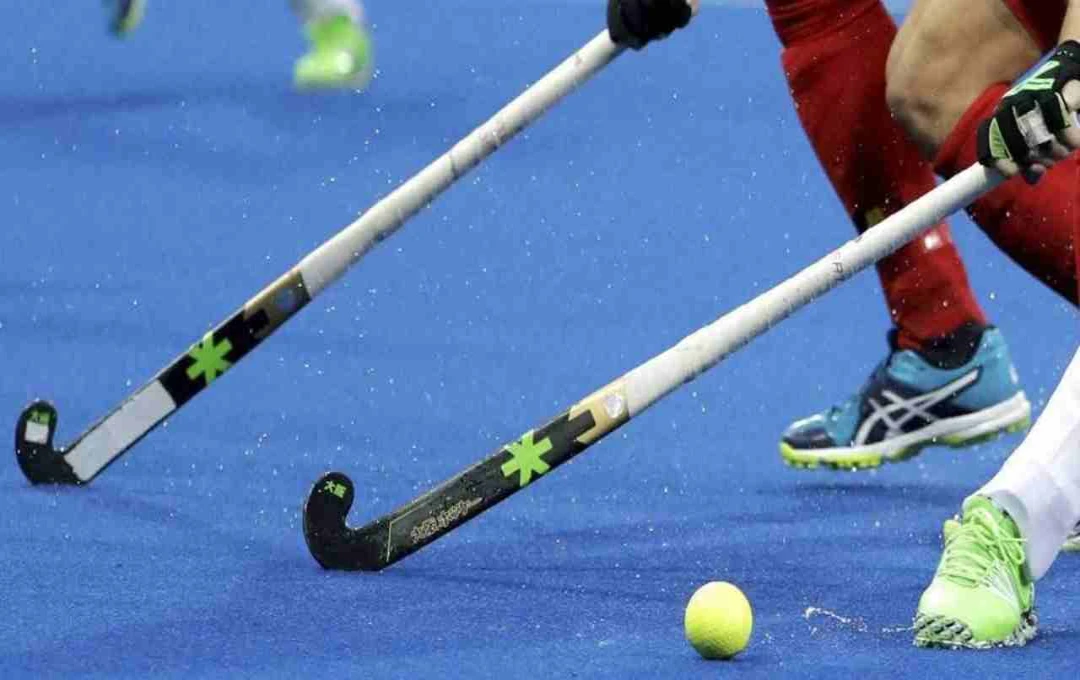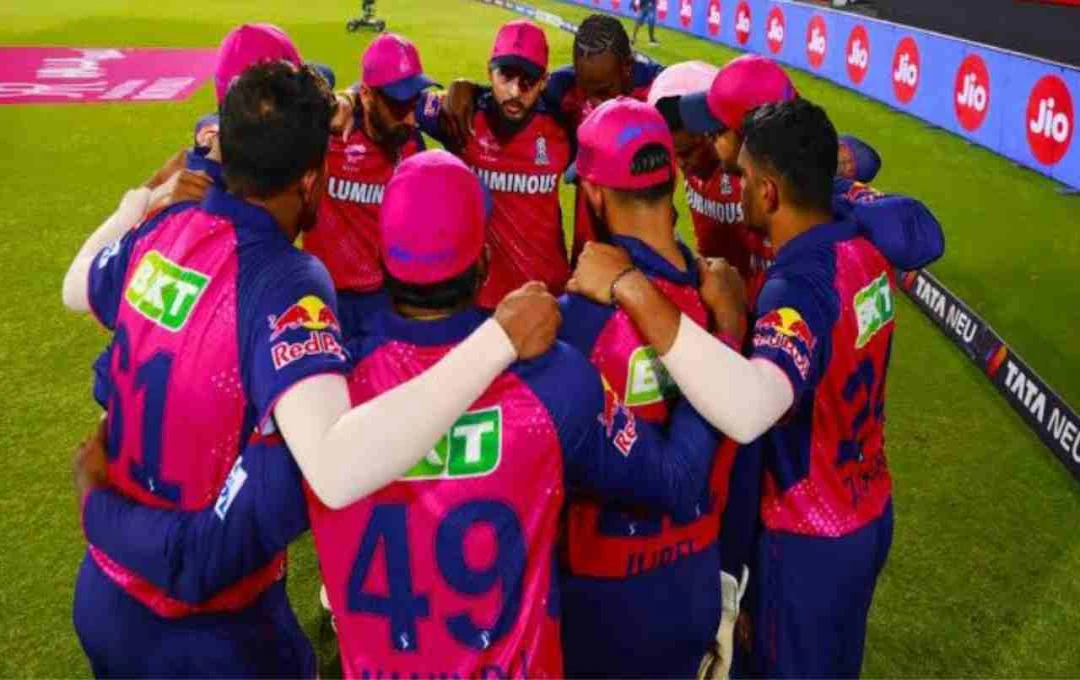Chief Justice B.R. Gavai Emphasizes Constitution’s Supremacy Over Parliament
New Delhi: Chief Justice of India (CJI) B.R. Gavai has clarified a long-standing debate regarding the supremacy of the Constitution and Parliament, stating unequivocally that the Indian Constitution is supreme. He also asserted that the three pillars of democracy – the executive, legislature, and judiciary – operate under the framework of the Constitution. This statement was made during a ceremony held in Amravati.
The Constitution is the Foundation of Democracy
CJI Gavai explicitly stated that while some perceive Parliament as supreme, the Constitution holds the highest position. He explained that India’s democratic system is built upon the Constitution, and all three branches must operate within its boundaries. Parliament does have the authority to amend the Constitution, but it cannot alter its fundamental structure.
Tampering with the Constitution’s Basic Structure is Unacceptable
During his address, CJI Gavai clarified that no amendment can touch upon the basic structure of the Constitution. This comment is particularly significant in the context of ongoing discussions about the extent of Parliament’s amending powers. He emphasized that the Constitution is not merely a legal document but the very soul of India’s democracy.
Honoring Amravati – A Homecoming Event
Chief Justice B.R. Gavai was on a visit to his hometown, Amravati. During a special event organized there, he not only articulated his views on the supremacy of the Constitution but also discussed in detail the importance of judicial independence, the role of judges, and the protection of citizens’ rights.
True Meaning of Judicial Independence
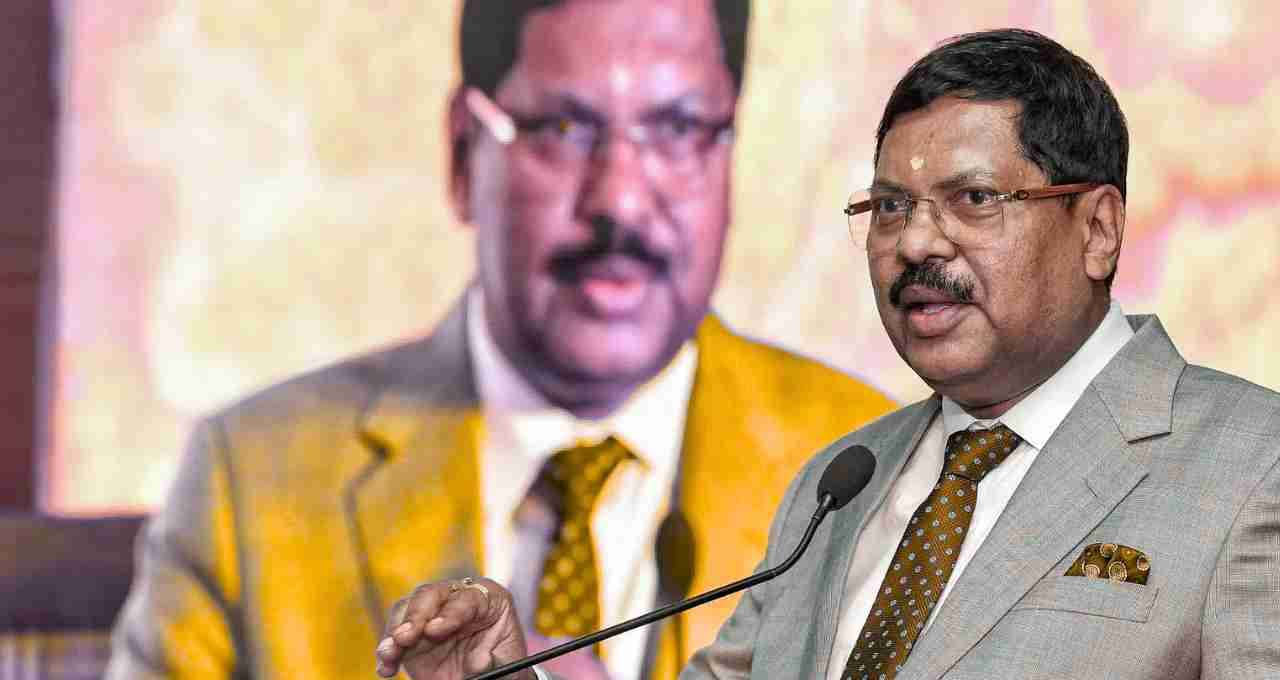
CJI Gavai advised judges to prioritize independent decision-making as the true essence of judicial independence. He stated that simply ruling against the government does not constitute true freedom. The judiciary must diligently uphold the values of the Constitution and safeguard the rights of citizens.
Public Opinion Should Not Influence Judicial Decisions
He further emphasized that judges should not consider public opinion when making decisions. “We must think independently,” he stated. “The reactions or criticisms of the people should not influence our decision-making process.” This highlights CJI Gavai’s prioritization of impartiality within the judiciary.
Power Comes with Responsibility
Chief Justice Gavai also explained that the power vested in the judiciary is not merely a right but a significant responsibility. He stated that judges are the guardians of the Constitution’s fundamental principles and the rights of citizens. Their duty is to render fair and just decisions without any external pressure.
‘Buldoser Justice’ – A Stand for the Right to Shelter
CJI Gavai cited a significant decision he made, where he ruled against “bulldozer justice,” explicitly stating that the right to shelter is a fundamental right of citizens. He asserted that no one can be forcibly evicted based solely on suspicion.
Personal Reflections and a Father’s Dream
Chief Justice Gavai also shared a personal anecdote. He revealed that as a child, he aspired to become an architect, but his father wished for him to become a lawyer. He explained that his father, who himself wanted to be a lawyer, was imprisoned during the freedom movement and unable to fulfill his dream. He honored his father’s wish.
